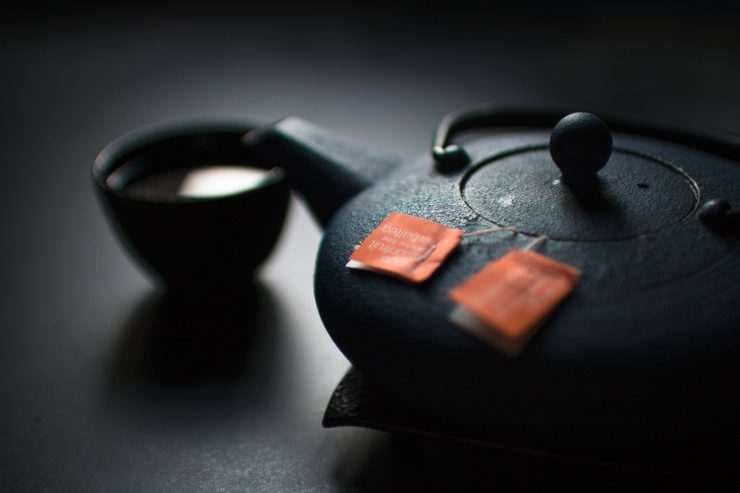For Better Performance and an Easier Start, Try a Ritual
 Among the general population, rituals are underrated.
Among the general population, rituals are underrated.
Professional performers—whose job requires them to do something difficult at a world-class level, at a particular time, and in front of a paying audience—understand the value of rituals.
Some are unremarkable: a concert pianist drinks a particular brand of tea before performing. Others, more memorable: a major league baseball pitcher eats $30 worth of Taco Bell before every start.
The rest of us—who need to perform well on average but don’t need to be absolutely on in a given moment—tend not to bother with rituals.
But maybe we should.
We have difficult things to do, too, after all, and science has shown that rituals really do improve performance, heightening our focus and helping us regulate our emotions.
And rituals can smooth the path for us, too, allowing us to ease into a particularly difficult or dreadful task. For a doctoral student battling writer’s block as she chips away at her dissertation, it may be easier to start her pre-writing ritual (say, a cup of coffee and 10 minutes of meditation) than to sit down, cold, and simply start writing.
Rituals can improve performance and cut imposing tasks down to size. If there’s something hard you need to do better or more consistently, consider incorporating a ritual.
Just promise me it won’t involve $30 worth of Taco Bell.